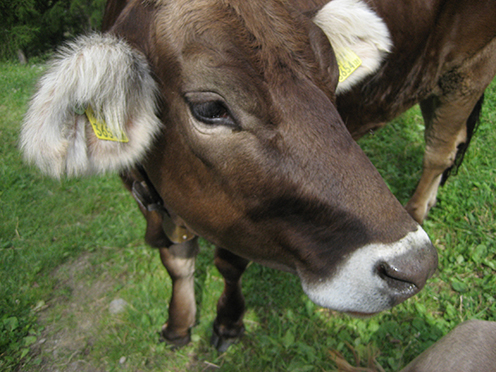Infectious livestock diseases

The Danish Veterinary Consortium provides scientific advice on serious infectious livestock diseases including vector-borne diseases and non-food-borne zoonoses. This ensures that the advice is based on the latest knowledge about the individual diseases, disease agents and vectors as well as on transmission risks.
The Danish animal production, with its high health status, is vulnerable to disease introductions resulting from the increasing globalization and climate change. There would be major consequences for animal welfare and the economy in the event of introduction and outbreaks of serious infectious livestock diseases such as foot-and-mouth disease and African swine fever.
It is therefore important to generate new and updated knowledge nationally through research at a high international level about serious infectious diseases, including the exotic agents (not occurring in Denmark). This will be achieved by studying agents and agent/host-interactions using virulence and pathogenesis studies. The research will be conducted with a One- Health perspective.
The Danish Veterinary Consortium has the professional expertise and capacity to diagnose and monitor infectious diseases in domestic animals. Through close cooperation between the Consortium's academic staff and the Food Administration, it will be possible to act quickly and efficiently in case of disease suspicions and outbreaks. The emergency laboratory services ensure that suspected cases and analyses in connection with outbreaks of serious infectious diseases are performed quickly and safely, applying approved and accredited methods, providing rapid delivery of test results.
The Danish Veterinary Consortium offers advice and teaching of the Food Administration’s veterinarians on control and eradication of serious infectious livestock diseases, including on the pathogenesis, transmission and survival in the environment of the infectious agents.
The academic staff participate actively in international scientific working groups represented in, e.g. the EU, the OIE, the EuFMD and EFSA.
The Danish Veterinary Consortium will maintain and develop cooperation on global disease control with other national veterinary laboratories in the EU conducting parallel research and development on these important notifiable diseases. This is done partly through joint research projects (CoVetLab cooperation), partly through participation in meetings and workshops for national reference laboratories where information and experience are shared.
Qualitative and quantitative risk assessments are prepared for the serious infectious livestock diseases, including simulation models, based on national herd data and expert judgements to ensure first grade epidemiological advice.
